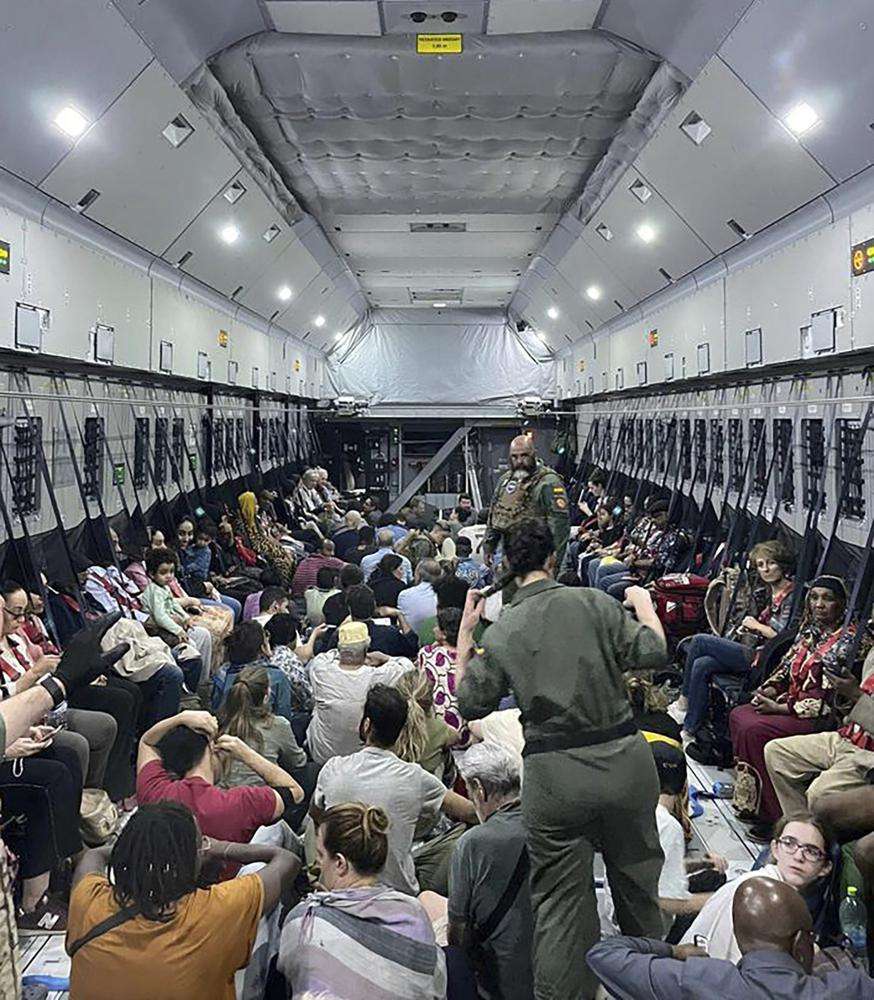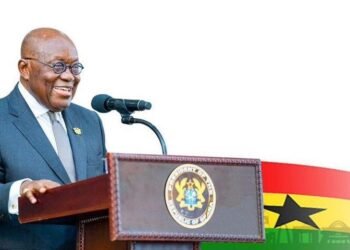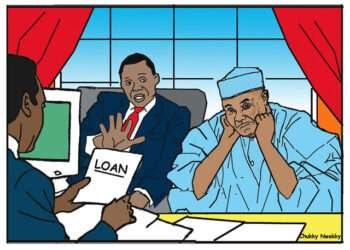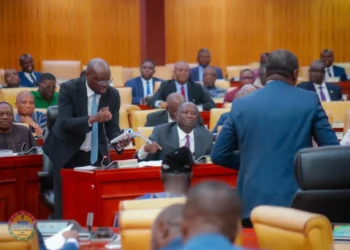Africa has long been at the receiving end of global and economic woes. Climate change for instance, Africa is the lowest emitter of carbon gases but endures the repercussions of large emitters like China; causing the continent to battle droughts, deluges amongst others.
More so, the Russia-Ukraine war; a war happening miles away from Africa has inflicted adverse circumstances on Africa. The war has dumped and is still dumping a baggage of high cost of living coupled with food shortage on the already tired and overburdened neck of mother Africa.
Sadly, the ailing continent is plagued with bouts of fighting. Burkina Faso has been experiencing unrest in recent years, with attacks reportedly carried out by suspected jihadists. This has occasioned widespread migration, displacing about two million people.
Since April 15, 2023, troops from the Sudanese army and the paramilitary Rapid Support Forces have been locked in the exchange of fire power; fighting over how to integrate RSF into the Sudanese army and who to lead the new army.
Gen. Abdel Fattah Burhan, Commander of the Sudanese army and Gen. Mohammed Hamdan Dagalo, Head of the paramilitary Rapid Support forces united and staged a coup in October 2021. In an attempt to steer the country back to civilian rule, certain conditions had to be satisfied, including the integration of RSF into the army. Disagreements between the leaders as to how to go about this delayed the said date for Sudan’s return to civilian rule and spurred the ongoing clashes.
Hundreds of people have died and many more injured, highlighting the phrase, “when two elephants fight, the grass suffers.” Millions of Sudanese are trapped in the crossfire, struggling to find food, shelter and medical care as explosions, gunfire and looters wreck their neighborhoods. Some have made deadly trips to neighbouring countries.
Many countries have evacuated their diplomatic convoys as wells as citizens. The departure of diplomats, aid workers and other foreigners and the closure of embassies paints a bleak picture and point to the terrifying fact that international powers expect the turmoil to only worsen.

The ongoing fights have dented Sudan’s baby steps to civilian rule. The leaders made a step towards civilian rule but now the unrest has seemingly brought their efforts to naught, taking them backwards. It is putting Sudan’s future at risks and setting the country’s development back by many years.
If the clashes end, rebuilding the damaged amenities will be a daunting task.
In a country where a third of the population of 46 million already needed humanitarian assistance, multiple aid agencies have had to suspend operations and dozens of hospitals have been forced to shut down due to the clashes. Four U.N. staff have been killed.
The U.N. disclosed that they were three Sudanese working for the World Food Program and one Sudanese working for the International Organization for Migration. Consequently, aid agencies may be reluctant to resume operations even after peace is restored.
The ongoing fights has taken a toll on neighbouring countries because they have to host the increasing number of refugees.
How Can The Guns Be Silenced?
The U.N. Chief, Antonio Guterres has urged the Sudanese military and the rival Rapid Support Forces, “to silence the guns” immediately. The million dollar question is how?
At least three ceasefires have been announced since violence erupted this month but none have held. With this background, it is easy to picture a prolonged unrest between the warring factions.
For the guns to be silenced, there must unequivocal signs that either party is ready to seriously negotiate. Commander of the army, Gen. Abdel Fattah Burhan and the leader of the paramilitary group, Gen. Mohammed Hamdan Dagalo must each command their troops to halt the fights.
The African Union should set up a commission to help broker a more sustainable peace deal that addresses the concerns of each faction and promotes consensus.
READ ALSO: U.S Embassy Staff Evacuated From Sudan





















